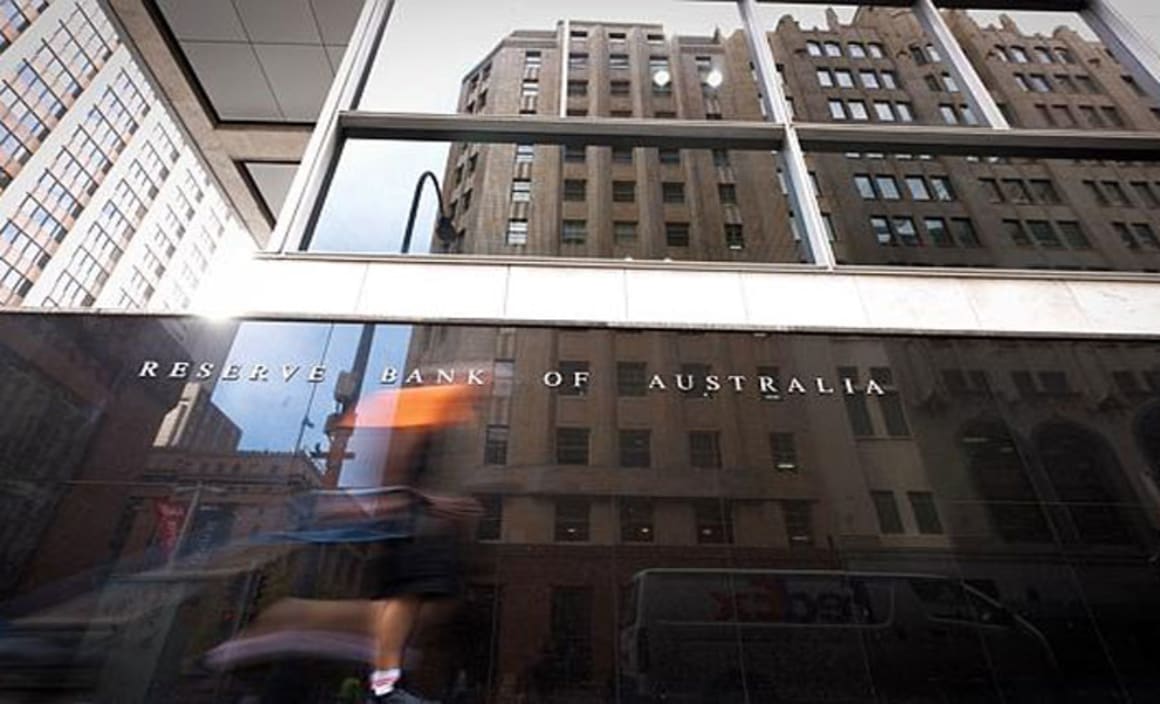Ambiguous interest rates and their effect on your investments

GUEST OBSERVER
Cash interest rates are at 1.75 percent - a historic low in Australia. This low rate means that it is an opportune time to invest in property and the number of investments acquirable is maximised.
However, interest rates are an issue of contention in popular media. There has been much speculation about why they are so low, the Reserve Bank of Australia’s decision to reduce them for this month, and whether interest rates are likely to go up or down next.
A common question that we are asked is how will an increased interest rate affect my investment property? To understand this, it’s vital to understand what drives interest rates to rise and fall. In short, interest rates respond to a growth, or decline, in the economy.
For example, a number of investors that I speak to are afraid of history repeating itself, and I’m often reminded of the late eighties, when interest rates were up at 17 per cent.
This is a significantly higher rate than what we are seeing today, however the median house price grew 50 per cent when interest rates were at that level (between 1987-1989).
This was a time of extreme inflation and economic growth for Australia, pushing up property prices, but also wages.
Applying this to 2016, the RBA explains their choice to leave interest rates at historic lows using a few different points.
It is suggested by the RBA that the global economy is growing at a slower pace than predicted, commodity prices have declined, financial markets remain volatile, and inflation is low.
These conditions lead to the RBA to their decision, stating that monetary policy must remain accommodative, and low interest rates support demand.
As demonstrated, the national and global economy has a direct effect on interest rates in Australia, but what happens to your investment if they go up? Investors are often concerned that an increase in interest rates will mean that they will no longer be able to afford to hold their investment property.
Fortunately, this is not true. As mentioned, interest rates typically move in response to a growth in the economy. This leads to an increase of property values, wages, and rental income.
Further to this, higher interest rates lead to more advantageous tax benefits becoming available. If the value of your investment property grows significantly, substantial equity is created, in turn increasing your borrowing capacity and number of properties acquirable.
It is difficult to predict what will happen next, however a fear of increasing interest rates should not deter you from investing in a property. If you’ve been thinking about investing for some time, today’s low interest rates are likely to maximise your success.
Michael Beresford is director, OpenCorp and can be contacted here.